Welcome to Daily Banking Digest, your premier source for the latest news and insights on February 24, 2024, focusing on banking, the economy, and finance. Our platform offers a comprehensive overview of the day’s most critical financial stories, market trends, and economic developments. Whether you’re a professional in the financial sector, an investor monitoring market movement, or someone interested in staying informed about the economic landscape, Daily Banking Digest provides reliable, up-to-date information.
Join our Telegram Channel for Daily PDF in your Inbox – Click Here
Table of Contents
Goldman Sachs downgrades SBI, ICICI Bank, YES Bank; cites multiple challenges to earnings.
Goldman Sachs has downgraded its outlook on several major Indian banks (SBI, ICICI Bank, YES Bank) due to concerns about future profitability in the financial sector. The firm anticipates challenges for banks stemming from rising costs, increased consumer debt, and a less favorable overall economic climate.

Key Points
- Downgrades: Goldman Sachs lowered ratings for State Bank of India (SBI), ICICI Bank, and YES Bank.
- “Goldilocks Period” Over: The favorable period of strong growth and profitability for the financial sector is coming to an end.
- Rising Headwinds: Banks will face difficulties due to:
- Increased costs of obtaining funds
- Concerns about consumer debt and its impact on asset quality
- Higher operating costs (wages, distribution expansion)
- Unsecured Lending Risk: The growth of unsecured lending (~$127 billion) could lead to higher credit costs.
- Peaked Returns: Return on assets (ROA), which saw significant gains in recent years, is expected to moderate.
- Slowing Growth: Stretched loan-deposit ratios could hinder loan growth.
- State-Owned vs Private Banks: While state-owned banks may seem attractive due to loan-deposit ratios, they could see margin pressures. Goldman Sachs favors specific private banks for their loan growth potential and returns.
- Deposit Growth Challenges: Banks will need to offer competitive interest rates to attract deposits as alternatives become more appealing to investors.
Will take up EU’s carbon tax issue strongly: Goyal
India’s Commerce and Industry Minister, Piyush Goyal, plans to strongly contest the European Union’s (EU) upcoming carbon tax (CBAM). India will employ various strategies – including legal challenges, retaliation, and bilateral negotiations – while also seeking to use the tax as a catalyst to bolster its own industries.
Key Points
- Strong Opposition to Carbon Tax: India will not accept the EU’s carbon tax without a fight.
- Multi-Pronged Strategy: India plans to use legal challenges (via the WTO), retaliatory measures, negotiations and discussions, and domestic industry development.
- CBAM Impact: The carbon tax (effective January 2026) is anticipated to affect Indian exports in sectors like steel, cement, aluminum, and fertilizers.
- Focus on Opportunity: India aims to use the CBAM challenge to drive innovation and competitiveness in its industries.
- National Commitment: The Indian government, led by Prime Minister Modi, is dedicated to protecting Indian businesses and seizing the opportunities presented by this situation.
GST portal’s new data sharing mechanism to facilitate seamless credit for assessees.
India’s GST (Goods and Services Tax) portal will now share taxpayer data with public tech platforms, enabling faster and smoother credit approvals for businesses. This move, which requires taxpayer consent, is expected to improve loan access for MSMEs and boost GST compliance.

Key Points
- Data Sharing for Easier Credit: The GST portal can now share business data (with consent) to facilitate loan sanctions, specifically for MSMEs.
- Platform Behind the System: The tech platform enabling this is called the “Public Tech Platform for Frictionless Credit”, created by the Reserve Bank of India.
- Shared Data: Information includes GST registration details, filings from returns, and invoice details.
- Benefits for Lenders: Access to verified GST data enables lenders to streamline loan processing while accurately assessing a business’s creditworthiness.
- Impact on Compliance: Experts expect this to drive greater GST compliance as businesses seek to improve their credit scores.
- Fintech Opportunity: This integration promotes innovation and operational improvements for fintech firms and lenders.
Govt amends electricity consumers rules to fast-track rooftop solar installations.
India’s Power Ministry has amended electricity consumer rules, aiming to make it easier for individuals and businesses to get new power connections, install rooftop solar systems, and set up charging for electric vehicles (EVs). These changes emphasize consumer choice and transparency.
Key Points
- Simplified Connections: The process of getting a new electricity connection has been streamlined.
- Rooftop Solar Boost: Rules are now less strict for installing rooftop solar systems, especially those under 10kW capacity. Distribution companies (Discoms) will now bear some of the installation costs.
- Consumer Choice for Housing Societies: Residents of housing societies have more options for how their electricity is supplied and billed (single-point or individual connections).
- Metering Transparency: Consumers can request an additional meter for verification purposes if they suspect billing inaccuracies.
- Overall Goal: The Power Ministry’s focus is on safeguarding consumer interests and establishing clear standards for electricity service providers (Discoms) across India.
SEBI plans to make nomination optional for joint MF portfolios.
India’s capital market regulator, SEBI, is proposing changes to mutual fund regulations, aiming to streamline investments and reduce compliance burdens. The proposals specifically focus on ETFs, index funds, joint investments, and fund manager requirements.

Key Points
- ETF & Index Fund Flexibility: SEBI proposes exempting ETFs and index funds (based on widely-tracked indices) from the 25% limit on investment in a sponsor’s group companies, allowing them to follow the underlying index more closely.
- Joint Investment Nomination Optional: Nomination for jointly held mutual fund investments will become optional. This simplifies processes when multiple unit holders are involved.
- Fund Manager Consolidation: Mutual funds won’t need separate fund managers for commodity and overseas investments. AMCs can choose a single manager, provided they ensure competency and report to trustees.
- Feedback Period: Investors and market participants have until March 15 to provide feedback on these proposed changes.
RBI allows banks and NBFCs to issue prepaid instruments for public transport payments.
India’s Reserve Bank (RBI) is now allowing banks and non-banking institutions to offer prepaid payment instruments (PPIs) for use within public transportation systems. This offers more convenient payment options for commuters.
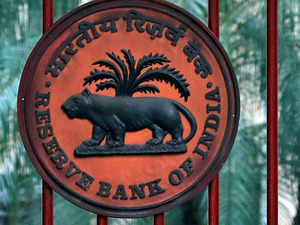
Key Points
- PPIs for Transit: Banks and authorized non-banking institutions can issue prepaid instruments (like cards or digital wallets) specifically for public transportation payments.
- Commuter Convenience: These digital payment methods aim to provide a faster, safer, more convenient, and affordable alternative to cash for commuters.
- Widespread Impact: The RBI recognizes the significant volume of daily commuters who rely on India’s public transit systems.
RBI in favour of TPAP licence for Paytm, asks NPCI to transfer UPI handles to other banks
India’s Reserve Bank (RBI) is advising the National Payments Corporation of India (NPCI) to review Paytm’s application to become a Third-Party Application Provider (TPAP) for its UPI services. This move stems from RBI restrictions on Paytm Payments Bank, necessitating a structural change for Paytm’s continued UPI operations.
Key Points
- TPAP License Needed: To operate UPI services beyond March 2024, Paytm must obtain a TPAP license and partner with other banks.
- Seamless User Migration: If approved, Paytm users with “@paytm” UPI addresses will need to switch to addresses linked with partner banks.
- RBI Oversight: The RBI is closely managing this transition to ensure minimal disruption for Paytm users and to reduce concentration risk in the UPI ecosystem.
- Alternative Arrangements Advised: Paytm users (along with FASTag and NCMC holders) are encouraged to proactively switch their accounts to other banks before the March 15, 2024 deadline.
- Regulatory Context: The RBI’s actions are aimed at consumer protection and are separate from other regulatory measures taken against Paytm Payments Bank.
Central Economic Intelligence Bureau launches ‘automated search portal’ for public sector banks
India’s Central Economic Intelligence Bureau (CEIB) has launched a new portal to streamline background checks on borrowers for public sector banks (PSBs). This aims to speed up loan approvals and help banks better manage non-performing assets (NPAs).
Key Points
- Automated Search Portal: The CEIB, in partnership with the State Bank of India, developed a portal for banks to easily access intelligence reports on prospective borrowers.
- Faster Loan Processing: The portal will help banks quickly obtain mandatory clearances from the CEIB, leading to more efficient loan disbursement.
- Regulatory Compliance: The initiative aligns with the government’s guidelines for banks to seek CEIB reports before large loans and when accounts become non-performing.
- Collaboration and Communication: The Indian Banks’ Association (IBA) has facilitated the process by coordinating the appointment of nodal officers at banks to liaise with the CEIB.
- CEIB’s Role: The Central Economic Intelligence Bureau is the government’s main agency for economic intelligence, focusing on coordination and enforcement.
Disconnect between RBI rate corridor and call rate represents ‘serious friction,’ says MPC’s Varma
In an interview with ET, Jayanth Varma (external member of India’s Monetary Policy Committee) discusses the relationship between liquidity conditions, interest rates, and the effectiveness of monetary policy. He highlights the need for better liquidity management and stresses the importance of balancing growth and inflation targets for successful policy decisions.
Key Points
- Liquidity vs. Interest Rates: When money market rates move outside the RBI’s interest rate corridor, the effectiveness of monetary policy transmission (from policy rates to actual market rates) is weakened.
- Importance of Liquidity Management: Varma believes better tools and faster reaction times are needed to manage liquidity conditions and ensure smoother monetary policy transmission.
- The Risk of High Real Rates: Varma argues that a real interest rate of 2% could create a self-fulfilling prophecy of slowing growth, hindering the private sector’s ability to drive capital expenditure.
- Inflation Outlook: While inflation is a significant concern, Varma believes a real interest rate between 1-1.5% is sufficient to manage inflation without hindering growth excessively.
- Balancing Inflation and Growth: Varma emphasizes the MPC’s dual mandate and the need to focus on both inflation and growth for balanced policy decisions.
- India’s Economic Resilience: Varma believes recent economic reforms, infrastructure investments, and digitalization have increased India’s growth potential, offering resilience amidst a global slowdown.
Trai asks telecom operators to speed up rollout of anti-spam tech.
India’s telecom regulator (TRAI) is dissatisfied with the slow adoption of its Digital Consent Acquisition (DCA) system by telecom operators and businesses. The DCA was mandated to fight spam and unauthorized calls, but its effectiveness is being hampered by delays in industry rollout.
Key Points
- What is DCA? The DCA is a system designed to streamline customer consent for receiving commercial messages. It aims to reduce spam and give consumers more control over who can contact them.
- Slow Adoption Issue: TRAI is concerned about the slow pace of DCA system onboarding by telecom operators (Jio, Airtel, Vodafone Idea, BSNL) and private businesses.
- Reasons for Delays: Telcos suggest that businesses are hesitant to adopt the DCA as it may lead to customers revoking consent for all types of commercial communication.
- DCA Implementation: The DCA rollout means old consent records will become invalid. Businesses need to obtain fresh consent from customers through the new digital platform.
- DLT Platforms: Digital Ledger Technology (DLT) platforms, managed by telecom operators, are essential for registering businesses and managing consent records under the DCA system.
Highway construction to be around 12,000-13,000 km in FY24: Road secy.
India’s highway construction is expected to reach around 12,000-13,000 kilometers by the end of the 2023-24 fiscal year. While lower than initial targets, the focus is on expanding existing highways to four lanes and building high-speed corridors. This shift aims to improve logistics efficiency and overall road quality.
Key Points
- Slightly Lower Construction: Overall road construction may fall short of the initial target due to factors like extended monsoons and stricter project reviews.
- Focus on Quality: Despite slightly lower construction numbers, the goal is to achieve the highest-ever four-lane expansion and the development of high-speed access control highways.
- Positive Outlook: Construction has picked up since December 2023, and a surge is expected in the final months of the fiscal year.
- Election Impact: The model code of conduct for upcoming elections might affect construction activity.
- Vision 2047: The Ministry of Road Transport and Highways is drafting a new long-term plan, “Vision 2047”, which emphasizes logistics efficiency and high-speed corridors for future road projects.
India’s trade pacts with EFTA positive signal of economic integration: GTRI
India’s proposed trade agreements with the UK, Oman, and the EFTA bloc signify the nation’s commitment to trade liberalization in a world moving towards protectionism, according to the Global Trade Research Initiative (GTRI). These agreements are crucial for India’s economic growth and integration into global markets.
Key Points
- Increase in FTAs: If successful, these agreements will increase India’s total number of FTAs to 16.
- Why FTAs are Desirable: High import duties make it difficult for countries to access India’s large market; FTAs provide a solution.
- Shift in Focus: The new FTAs signal India shifting from primarily Eastern trade partnerships to expanding its reach westward.
- Non-Trade Issues: India is now including areas like sustainability, digital policy, labor, and intellectual property in its FTA negotiations, moving away from its traditional focus on merchandise and services trade.
- Challenges with EFTA: The India-EFTA agreement faces hurdles due to India’s trade deficit, especially concerning gold imports from Switzerland, and EFTA’s demand for stronger intellectual property rights.
- Benefits of India-Oman FTA: The India-Oman agreement could boost Indian exports as Oman already has low average import duties. However, India shouldn’t concede preferential treatment to domestic suppliers in government procurement.
- India-UK Agreement Impact: The India-UK trade deal could benefit Indian export sectors including silver, metal scrap, petroleum, and medicine. India may reduce tariffs on UK automobiles and Scotch whiskey, although not eliminate them entirely.
India’s GDP to grow at around 6.75-6.8% in FY25, says Bank of Baroda
India’s economic growth is projected to remain strong despite global headwinds. The Bank of Baroda (BoB) estimates GDP growth for the current fiscal year at 6.8% and 6.75-6.8% for FY25, highlighting resilience in domestic demand and sustained government focus on capital expenditure.
Key Points
- Growth Projections: BoB’s projections are in line with other major institutions like the IMF, World Bank, and RBI.
- Q3 Moderation: Growth in the third quarter (Q3FY24) is expected to slow down slightly to 6.4%, primarily due to a less robust agriculture and industry performance.
- Sector-wise Outlook:
- Agriculture: Estimated growth of 2.1% in Q3FY24 due to lower food grain production.
- Industry: Expected to grow at 8% in Q3FY24.
- Construction: Projected to maintain a solid pace due to strong demand for housing and government spending.
- Services: Expected improvement in Q3 at 6.7% on delayed festive surge and World Cup event.
- Positive Factors: Domestic demand and government capital expenditure remain key drivers of India’s growth trajectory.
India’s forex reserves decline $5.24 bn to $617.23 bn, shows RBI data
India’s foreign exchange (forex) reserves declined by $5.24 billion to $617.23 billion in the week ending February 9th, according to the Reserve Bank of India (RBI). Despite this drop, the reserves have increased by $50.28 billion for the current fiscal year.
Key Points
- Forex Reserves Decline: The primary reason for the decline is a drop in foreign currency assets, the largest component of India’s reserves.
- Overall Fiscal Trend: Despite the recent weekly decrease, India’s forex reserves have increased significantly in the current fiscal year.
- RBI Intervention: The central bank (RBI) has been selling dollars to stabilize the rupee amidst global pressures, contributing to the decline in reserves.
- Rupee Performance: The rupee has been the top-performing Asian currency this fiscal year, supported by RBI interventions.
Fresh NPS adoption by corporate sector rises 9% in December: NSO data
There was a slight increase in corporate sector adoption of the National Pension System (NPS) in December compared to November. However, recent tax regime changes and the return of some states to the Old Pension Scheme (OPS) have contributed to an overall decline in NPS adoption.
Key Points
- Corporate Adoption Uptick: New monthly corporate sector subscribers to NPS increased by 9% in December compared to November.
- Tax Regime Impact: The lack of tax incentives for corporate employees investing in NPS under the new tax regime has contributed to declining adoption.
- PFRDA Push: The Pension Fund Regulatory and Development Authority (PFRDA) is aiming to boost NPS adoption in the private sector.
- Overall NPS Subscribers: The total number of new NPS subscribers (across government and corporate sectors) declined to 77,656 in December from 108,057 in November.
- State Governments and OPS: Several states have announced plans to return to the Old Pension Scheme, impacting the use of NPS as a metric for state-level hiring.
India’s oil imports hit record high in Jan on Red Sea delays, shows data
India’s crude oil imports surged to a record high in January due to several factors, including delayed December shipments caused by the Red Sea crisis, increased purchases from nearby Middle Eastern suppliers, and the first Venezuelan oil cargo in over three years.
Key Points
- Record Imports: India’s January crude oil imports reached 5.24 million barrels per day (bpd), exceeding the previous high from January 2018.
- Red Sea Crisis Impact: Shipping disruptions in the Red Sea led to the delay of some December cargo deliveries from the Americas, contributing to the January import spike.
- Venezuelan Oil Returns: India resumed buying Venezuelan oil after a three-year gap, enabled by the easing of US sanctions.
- Russia’s Share Declines: While Russia remained a major supplier, its share of India’s total oil imports decreased to 28% in January.
- Middle East Suppliers Surge: Indian refiners increased their reliance on Middle Eastern suppliers to fill the gap created by delayed shipments and a decline in Russian light sweet Sokol oil.
LS polls: Odisha extends farmers’ welfare scheme ‘KALIA’ for another 3 yrs.
Ahead of upcoming elections, the Odisha government has extended its KALIA farmers’ welfare scheme for three more years. The extension will see an investment of Rs 6,029.70 crore to benefit farmers in the state.
Key Points
- KALIA Scheme Extension: The KALIA (Krushak Assistance for Livelihood and Income Augmentation) scheme, providing financial assistance to farmers, will continue until 2026-27.
- Increased Funding: The cabinet approved a budget of Rs 6,029.70 crore for the scheme’s next phase.
- Support for Landless Households: Landless agricultural households will receive additional financial assistance of Rs 2,000.
- Flexible Disbursement Dates: Release dates for KALIA assistance will now be adjusted based on cropping seasons and government decisions.
- Additional Approvals: The Odisha cabinet also approved:
- Free tenements for displaced families.
- Tax-free status for the Hindi movie “12th Fail.
- Amendments to the state’s semiconductor policy to incentivize investment.
India has moved to 5th spot from 10th in world in terms of economy: FM
During a visit to Uttar Pradesh, Union Finance Minister Nirmala Sitharaman asserted that India’s economy has significantly strengthened under Prime Minister Modi’s leadership. She emphasized the BJP’s commitment to improving citizens’ lives and highlighted the party’s track record of providing scam-free governance.
Key Points
- India’s Economic Rise: Sitharaman claimed India has moved from the 10th to the 5th largest economy in the world and is on track to reach the 3rd position soon.
- Benefits of a Strong Economy: The Finance Minister emphasized that a strong economy translates to a better standard of living for all citizens.
- BJP’s Focus on People: Sitharaman underscored the BJP’s commitment to listening to the people and designing schemes that directly benefit citizens.
- Opposition Criticism: Sitharaman dismissed the opposition parties, claiming they have lost relevance and lack a clear message for the public.
- BJP’s Success: The Finance Minister highlighted the BJP’s focus on farmers and its record of delivering a scam-free government over the last decade.
Battle continues. Byju’s investors pass resolution to oust CEO Raveendran, kin
In a significant escalation, investors in Byju’s parent company (Think & Learn) voted on and passed resolutions aimed at removing CEO Byju Raveendran and overhauling the board. However, Byju’s disputes the validity of the meeting and resolutions. The investors have now filed a petition with the NCLT alleging mismanagement.
Key Points
- Investor Action: Investors holding a 60% stake voted in favor of resolutions demanding leadership changes and addressing governance issues at Byju’s.
- CEO Removal: Resolutions called for the removal of CEO Byju Raveendran and changes to the board, which includes his wife and brother.
- Byju’s Response: Byju’s terms the resolutions as “invalid and ineffective” due to a lack of quorum in the meeting, as the founders did not attend.
- Court Intervention: The investors’ meeting proceeded despite Byju’s securing an interim stay order from the Karnataka High Court. Any resolutions are subject to the court’s final ruling.
- NCLT Petition: A group of investors, including Prosus, have filed a petition with the NCLT alleging oppression and mismanagement by Byju’s. They seek to have the founders declared unfit to run the company, appoint a new board, and conduct a forensic audit, among other requests.
Renewable sector to add 25 GW in 12-15 months on upsurge tendering activity & drop in module prices
India’s renewable energy sector is poised for significant growth, with experts predicting around 25 GW of new capacity to be added in the next year. This surge is driven by factors like lower solar cell and module costs, policy support, and a strong project pipeline.
Key Points
- Capacity Expansion: India’s renewable energy capacity (excluding hydro) is expected to reach 170 GW by March 2025, up from the current 135 GW.
- Solar Power Leads the Way: The solar power segment is expected to drive the majority of this growth, with an estimated 23-25 GW capacity addition in FY2025.
- Factors Driving Growth:
- Declining Costs: Sharp declines in solar PV cell and module prices are improving project economics.
- Policy Support: The abeyance of the ALMM (Approved List of Module Manufacturers) order and extension of project timelines are aiding solar development.
- Optimistic Outlook: Analysts predict that around 20.6 GW of new solar capacity will be added in India in 2024 alone.
- Remaining Challenges: Land acquisition and transmission connectivity issues could potentially delay some projects. The government needs to prioritize adequate transmission infrastructure to support the growth of renewable energy.
Govt staggers FDI in space sector to align with military requirement: Patil
The article discusses the recent reform in Foreign Direct Investment (FDI) policy in the Indian space sector, as explained by JD Patil, a prominent figure in the industry and the founder chairperson of the Indian Space Association (ISpA). The FDI in the space sector is now structured into three tiers to address military requirements and promote sector growth. Patil welcomes the liberalization, emphasizing its long-overdue nature and expressing optimism about India achieving significant milestones in the space industry within a decade, leveraging its innovative capabilities and the foundational support from the Indian Space Research Organisation (ISRO).
Key Points
- FDI Structure and Military Compliance: The FDI in the Indian space sector is not a blanket 100% approval but is divided into three stages based on military requirements, with different percentages of FDI allowed in various segments.
- Policy Reform and Liberalization: The Union Cabinet’s recent policy reform aims to liberalize the space sector, a move that JD Patil believes was necessary and should have been implemented two decades ago, similar to the United States.
- Role and Optimism of JD Patil: Patil, with significant positions in key space organizations, played a crucial role in the consultation process for amending the FDI policy. He is optimistic about India’s potential to achieve its space sector milestones more rapidly due to its innovation skills and existing ecosystem.
- Tiered FDI Approval: The FDI policy includes 100% FDI for satellite operations with specific permissions, 74% for certain areas under the automatic route, and 49% for segments closely related to military applications.
- Sector Growth and Economic Projections: Patil forecasts the Indian space economy to grow from $6-7 billion to $43-45 billion by the end of the decade, highlighting the significant role of satellite building and data collection in this expansion.
- Impact on Start-ups and IT Sector: The liberalized FDI policy has spurred growth in space sector start-ups, increasing from 20-30 in 2020 to over 200, showcasing the potential of Indian IT engineers and IT-enabled service providers.
- Benefits to Armed Forces: The shift in surveillance from ground to space, facilitated by the new FDI policy, is expected to benefit the armed forces in the coming years.
Finmin asks depts to surrender unspent Budgetary allocation by March 8
India’s Finance Ministry has instructed other ministries and departments to surrender any unused funds from their 2023-24 budget allocations by March 8th. This is a standard practice to ensure efficient use of public funds.
Key Points
- Surrender Deadline: Ministries and departments must surrender unspent budget funds by March 8th, 2024.
- Reporting Requirements: Ministries and departments must provide details about the surrendered funds, including any excess or shortfall in recoveries or receipts.
- Purpose: This process helps the Finance Ministry reallocate unused funds and ensures the effective use of taxpayer money.
IDBI Bank looks to sell Rs 280-crore MSME loans.
IDBI Bank is selling a portfolio of Rs 280 crore of non-performing MSME loans (loans made to small and medium-sized businesses). This sale aims to reduce the bank’s bad loans and improve its financial health.
Key Points
- Loan Sale: IDBI Bank is offering a portfolio of Rs 280 crore in MSME loans for sale.
- Interested Buyers: Seven asset reconstruction companies (ARCs), including JC Flowers ARC, are interested in acquiring the loans.
- Reason for Sale: Many MSME loans extended during the COVID-19 pandemic became non-performing assets (NPAs).
- IDBI Bank’s Focus: The bank aims to reduce its gross NPA ratio and maintain a net NPA level below 1%.
Broader Trend: Other banks, like Indian Overseas Bank and RBL Bank, have also recently sold MSME loans.

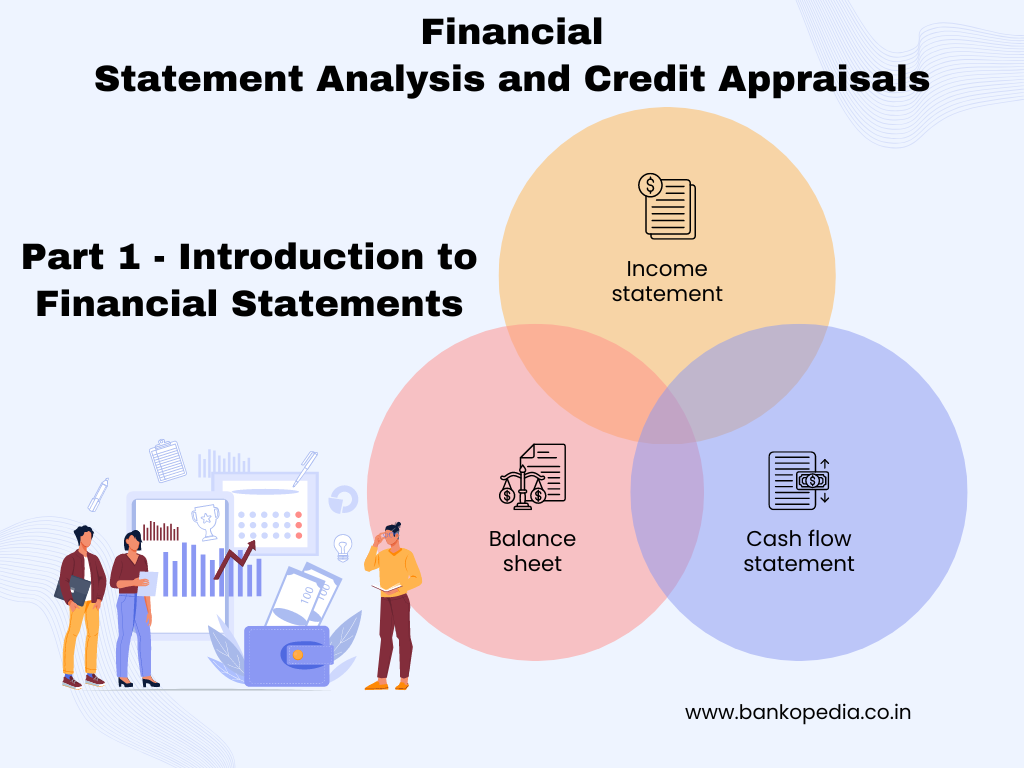




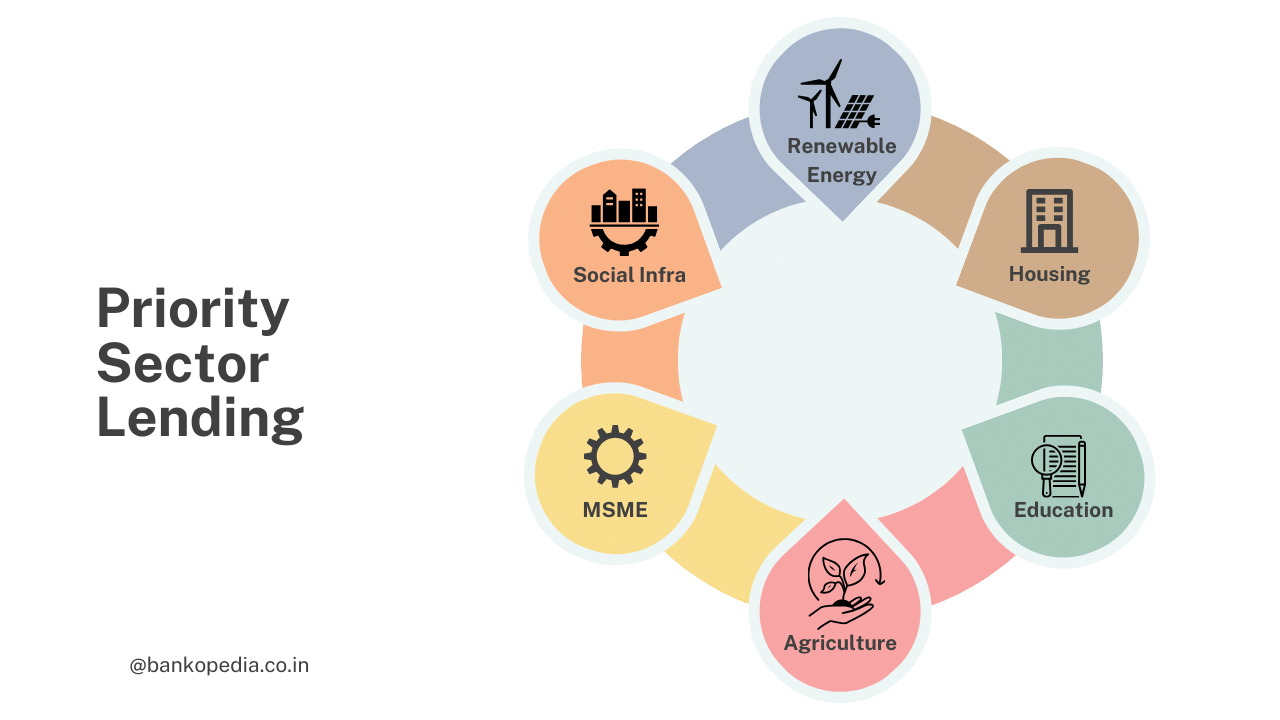

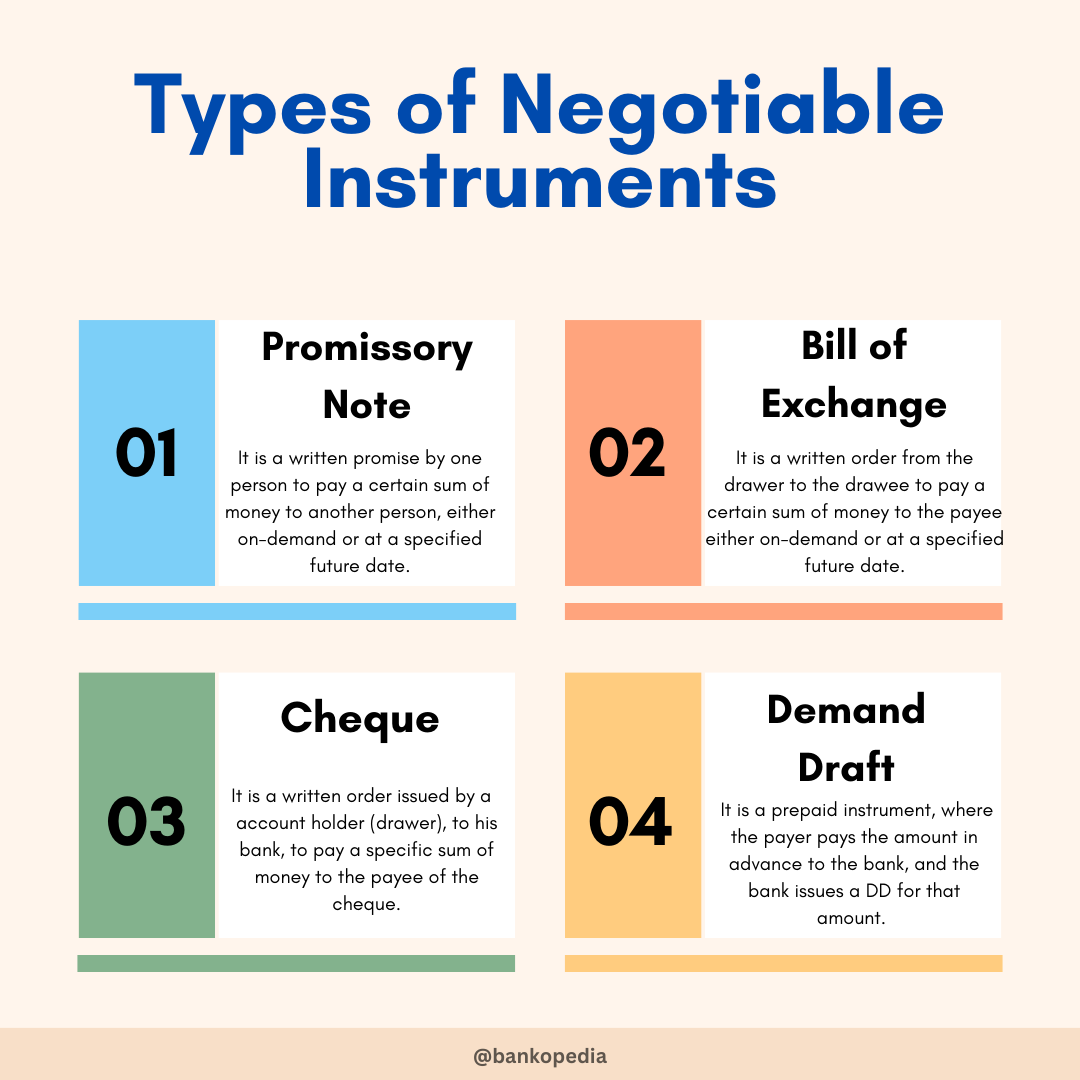
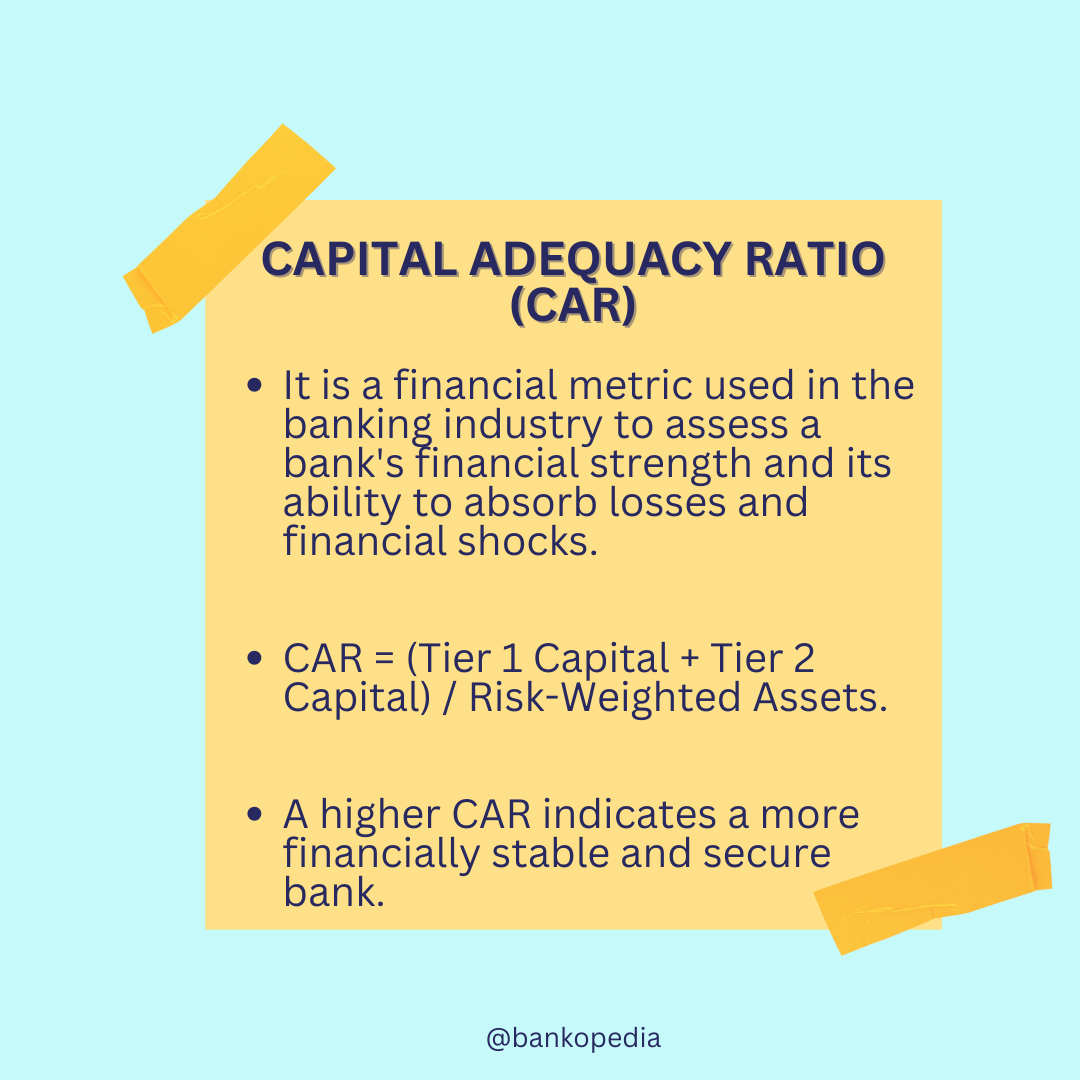


1 thought on “Daily Banking Digest – 24 February 2024”